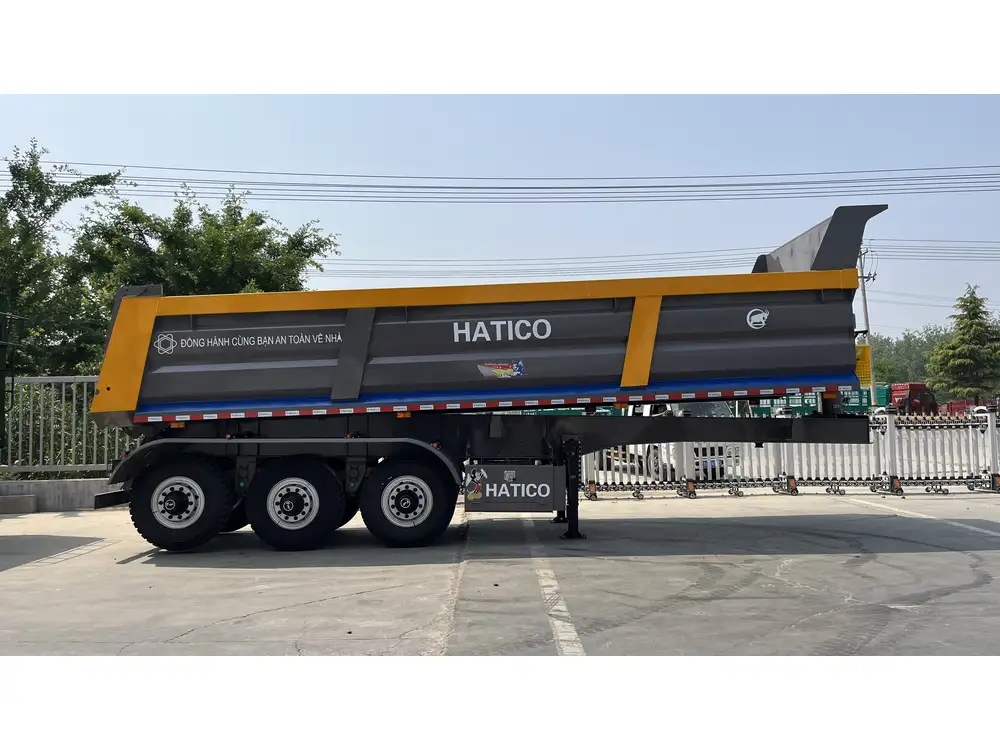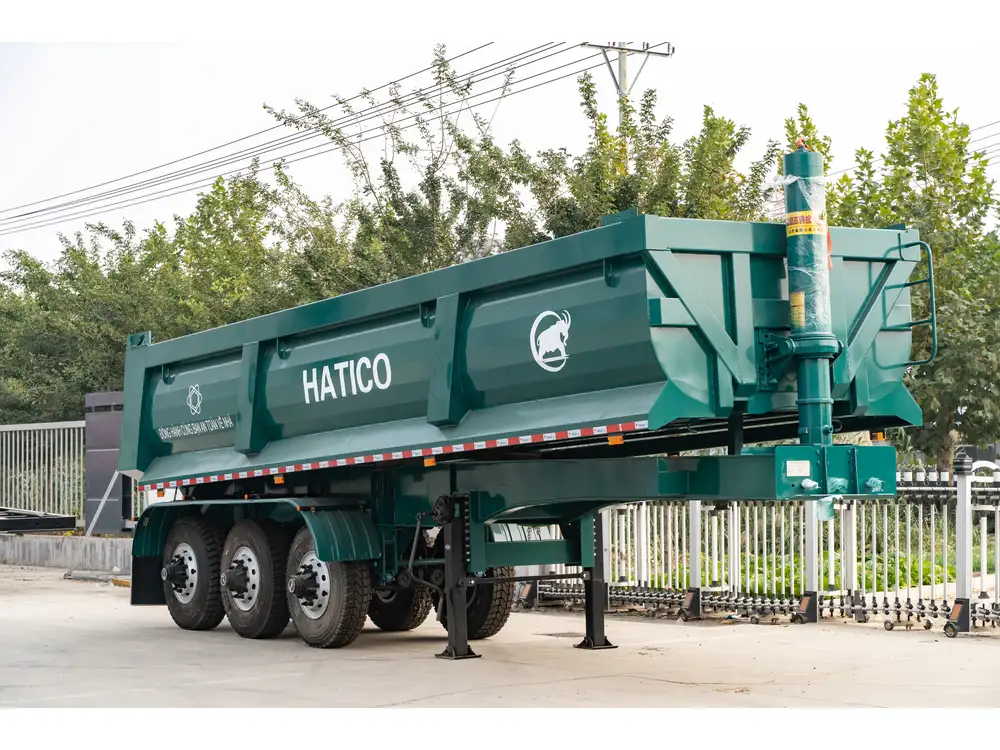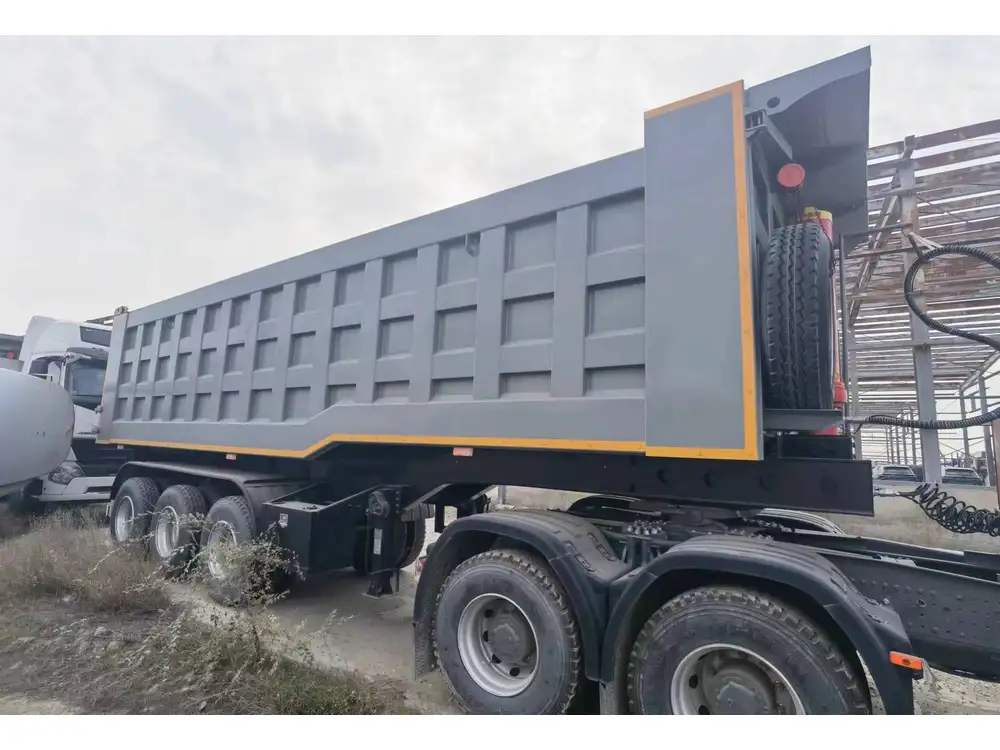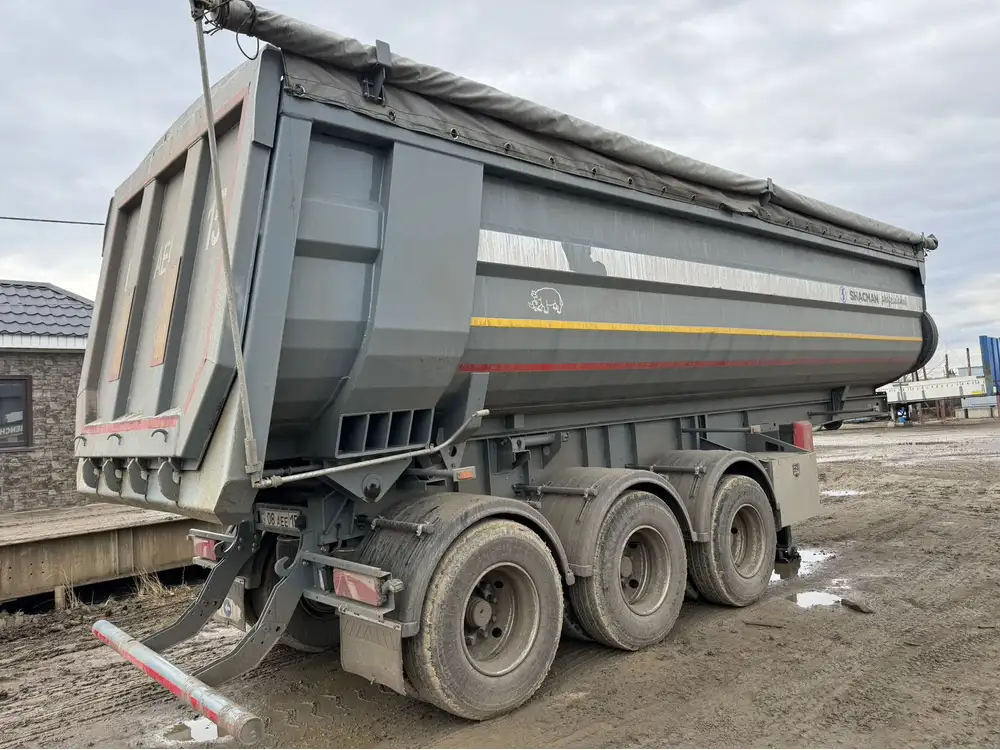Backing a semi-trailer is an essential skill for any truck driver, yet it remains one of the most daunting tasks faced on the road. With our extensive guide, we aim to provide you with valuable insights, practical tips, and strategies on how to easily back a semi-trailer. Whether you are a novice or an experienced driver looking to refine your skills, our in-depth approach will give you the edge needed to navigate this challenging maneuver with confidence.
Understanding the Basics of Backing a Semi-Trailer
Before diving into advanced techniques, let’s revisit the fundamental principles of backing a semi-trailer. Understanding how the vehicle responds to steering and its unique articulation will empower you to execute the maneuver more effectively.
Fundamental Mechanics of a Semi-Trailer
- Articulation: Unlike a standard vehicle, a semi-trailer is composed of two parts—the truck (or tractor) and the trailer—connected by a pivot point known as the fifth wheel.
- Steering Dynamics: The rear of the trailer moves in the opposite direction to the tractor during backing. This fundamental principle can often lead to confusion. For instance, if you turn the steering wheel to the right, the trailer’s rear moves left.

Visualizing the Path of the Trailer
A key strategy in mastering the art of backing a semi-trailer is visualization. Observing the path that the trailer will take is crucial.
- Point of Reference: Establish a visual point of reference, such as a parking line or an object, to help gauge the position of the trailer.
- Mirrors: Regularly check both mirrors to monitor the position of the trailer relative to the surrounding environment.
Essential Techniques for Backing a Semi-Trailer
Having grasped the fundamental mechanics, let’s explore specific techniques that can aid in making the backing process smoother and more intuitive.
The Straight-Line Backing Method
This is one of the simplest methods to start with. Here’s how to proceed:
- Positioning: Start with the semi-trailer at a 90-degree angle to the loading dock or area.
- Utilizing Mirrors: Positioning your side mirrors to give you a clear view of the trailer’s rear.
- Slow Movements: Begin backing up slowly while steering in small increments to keep the trailer aligned to your reference point.

The ‘S’ Maneuver Technique
The ‘S’ maneuver is beneficial in tighter spaces. This approach requires a bit more finesse and spatial awareness.
- Start Straight: Begin with your vehicle aligned straight with the loading area.
- Turn the Wheel: As you start to back up, turn the wheel sharply in one direction to angle the trailer in the desired direction.
- Counter-Steer: After the trailer begins to swing wide, counter steer back the other way to straighten it out.
The 45-Degree Angle Technique
This technique is particularly useful when backing into elevators, bays, or spaces with other nearby vehicles.
- Approach: Drive past the desired spot and make a 45-degree turn towards the trailer with the tractor.
- Adjust as Necessary: Once the trailer is positioned correctly, gradually steer until the tractor and trailer align with the desired entry point.
Tips for Successful Backing
Equipping yourself with powerful techniques is only half of the equation. The other essential component is incorporating practical tips that maximize your chances of success.

1. Utilize Spotters When Available
Having a spotter can greatly assist in communicating while backing. Their eyes are focused on the trailer’s angle and position, guiding you through the maneuver.
2. Practice, Practice, Practice
Regular practice is indispensable. If possible, allocate time in a safe, open area to practice backing with various angles and techniques. Understanding how small adjustments affect the trailer’s movement is key to mastering this skill.
3. Stay Calm and Focused
Backing can be stressful, particularly in a busy environment. Take a deep breath and remain composed, focusing on the task at hand. Speed is not your friend here—take it slow.

Common Mistakes to Avoid
One of the best ways to improve your semi-trailer backing is by learning from common mistakes made during the process.
Oversteering
Oversteering occurs when a driver turns the wheel too sharply or too frequently, resulting in a jagged trailer path and potential jackknifing. To avoid this:
- Gentle Adjustments: Make gradual steering adjustments and observe the trailer’s reaction before turning further.
Ignoring Surroundings
Failing to keep an eye on surrounding obstacles can lead to costly accidents. To mitigate this:
- Mirrors: Use mirrors effectively, adjusting their position for optimal visibility.
- Head Checks: Periodically check blind spots by turning your head to see what is outside your window.

Step-by-Step Backing Procedure
Let’s synthesize all the information provided into a cohesive step-by-step guide for backing a semi-trailer:
| Step | Action | Description |
|---|---|---|
| 1 | Preparation | Ensure all surroundings are safe and clear of obstacles. |
| 2 | Align the Tractorwith the Trailer | Make sure the tractor is straight with the desired backing spot. |
| 3 | Check Mirrors | Adjust mirrors for the best view of the trailer’s rear. |
| 4 | Begin Backing | Shift to reverse gear and gently begin to back up while frequently checking the mirrors. |
| 5 | Steering Adjustments | Make small adjustments to the steering wheel based on the trailer’s movement. |
| 6 | Monitor Progress | Continuously observe both sides and adjust accordingly. Make lateral movements only when necessary. |
| 7 | Straighten Out | Once in the desired position, straighten the tractor’s wheels to align directly with the parking space. |
| 8 | Final Adjustments | Shift to the appropriate gear for parking and ensure the overall position is correct before stopping. |
Advanced Techniques for Professionals
For seasoned drivers, honing your skills further can separate the average from the remarkable. Here are some advanced techniques worth considering:
1. The Offset Back
This complex method allows drivers to back into spaces with limited room. It involves positioning the tractor away from the intended path while backing the trailer at a curve.

2. Utilizing Technology
With advancements in technology, several semi-trailers now come equipped with rear-view cameras and sensors. By leveraging these tools, you can enhance your spatial awareness, making it easier to back up safely.
3. Learning to Read the Environment
Mastering backing also requires the ability to assess your environment efficiently. Factors like slope, incline, and surface conditions can significantly impact how you should back. Assessing these will make your maneuvering smoother and more predictable.
Conclusion
Mastering the art of backing a semi-trailer is no small feat. It demands not just familiarity with your vehicle but also an understanding of spatial dynamics, patience, and practice. By honing your skills with the techniques outlined above and avoiding common pitfalls, you can become a confident and proficient driver—able to maneuver even the most challenging backing situations with ease.
By committing to continual learning and using the strategies discussed here, whether you are maneuvering in busy loading docks or finding your way in secluded spaces, you will be well-equipped to handle the complexities associated with backing a semi-trailer.
Driving is not merely about the destination but about mastering every twist and turn along the journey, from starting your engine to getting your trailer perfectly aligned.



